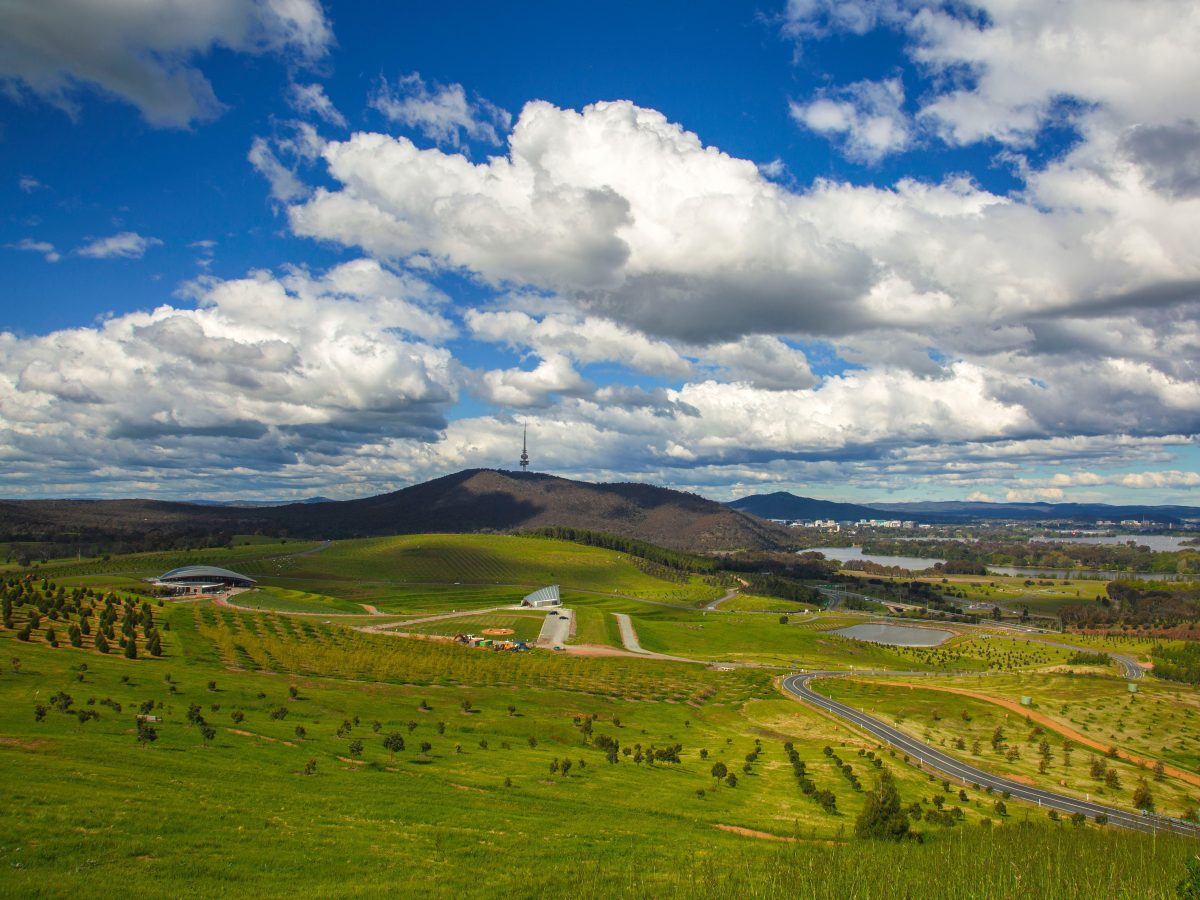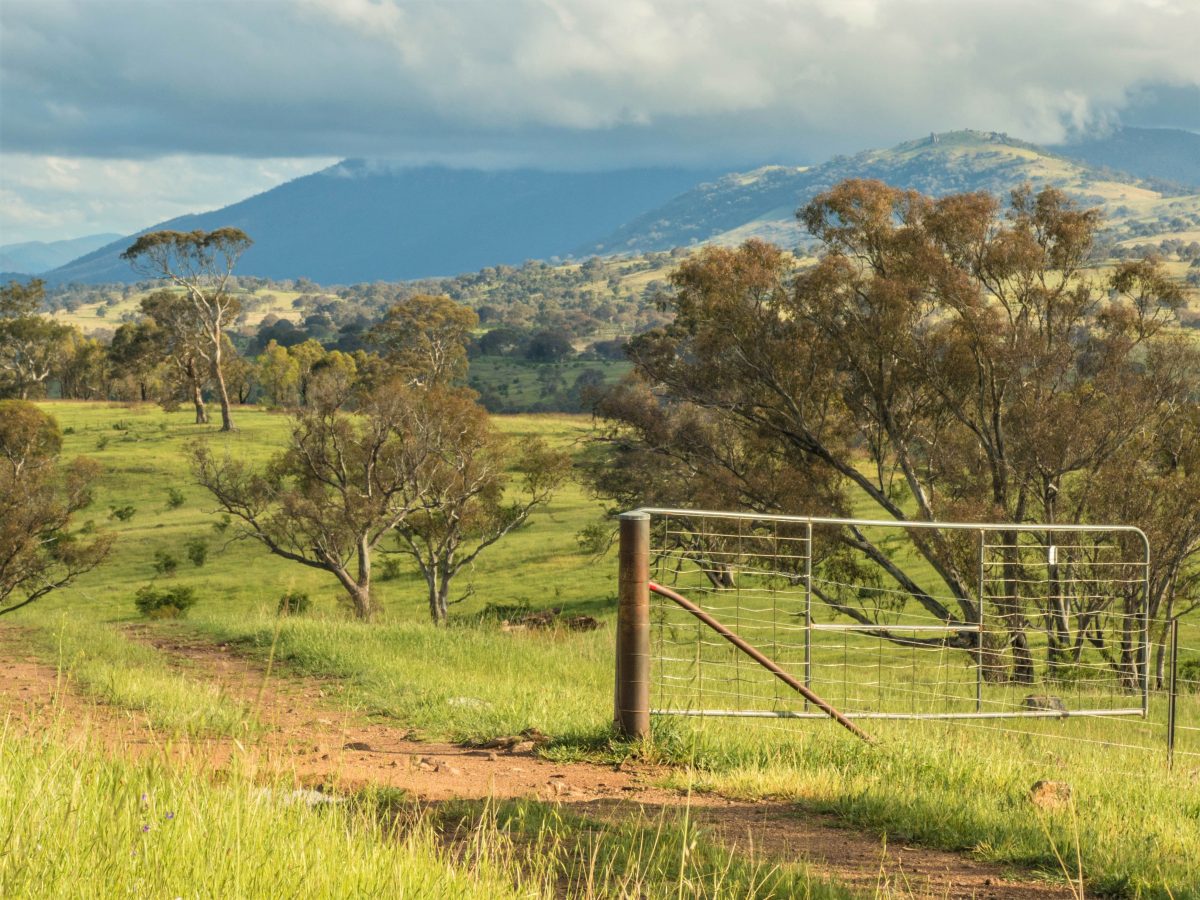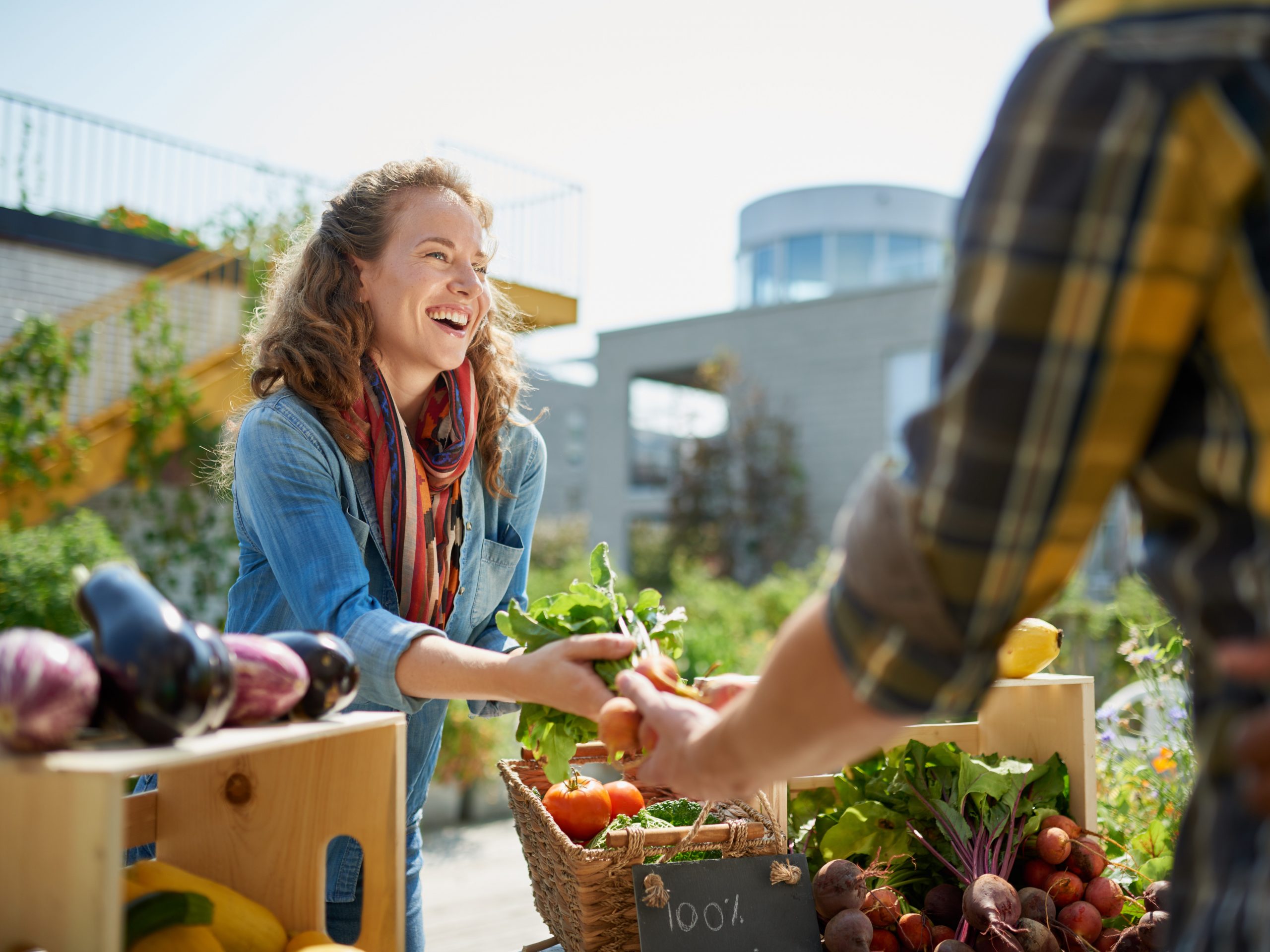Canberra’s Food in the Capital event brought together thought leaders and representatives of business, research and government from the ACT, South Eastern NSW and further afield – including the CRC’s CEO David Eyre.
The purpose? To discuss innovations in rural and urban farming and practical solutions to food production, transport and sales that could be used to help policymakers develop ‘a unique city region agrifood initiative’ to be implemented in and around the nation’s capital.
The outcomes of these discussions will inform the development of a replicable city-region food initiative, as part of Canberra’s push to become Australia’s first truly sustainable city.
The need for sustainable, self-sufficient food systems
‘The message is clear,’ declared organisers Regional Development Australia ACT and Regional Development Southern Inland prior to Food in the Capital’s second event. ‘Prepare now for more climate change, pandemics and other threats to our food supply chain.’
The pandemic has reinforced the need for local food production and for supply chains that are resilient, streamlined and secure. Moreover, today’s consumers are increasingly concerned about food provenance and sustainability.
‘People demand to know where their food comes from and they want less negative environment and more positive social impact,’ the organisers stated. ‘The massive increase in investment flows in urban ag-tech and innovative urban and sustainable farm production tell their own story.’
It is in this context that the topics, presentations and speakers of Food in the Capital were selected. Its conference component took a systems-wide approach to managing Australia’s complex, dynamic food supply chains in the context of a much-changed world. Sessions explored the wealth of business opportunities that could open up, in Canberra and surrounding regions, if current food supply-chain issues including ‘last-mile’ transport and logistics could be solved.
Food businesses, farmers and manufacturers got expert insights into current and future food markets and consumer trends; learned how to sell value-added food and beverage products, in Canberra and elsewhere; viewed technologies that could help them generate more revenue and access new markets; and connected with local restaurateurs, supermarket managers and decision-makers from across the food service industry.
The event showed attending policymakers, community groups and thought leaders ways to to make system-wide urban farming a reality, in Canberra and other cities of Australia; and how best to promote the region’s growing reputation for fresh, clean and green local produce, driving tourism and exports.
Food in the Capital fuelled many productive discussions on how to help build the region’s – and Australia’s – food industry as a vehicle for reducing emissions, utilising food waste and fostering greater social inclusion, food security and improved nutrition; and gave attendees a taste of food’s immense potential as a driver of economic diversification.

Dairy Farmers Hill Lookout, near Canberra. Credit: Chandra Tamang/ Shutterstock
Event 1 recap
The first of the Food in the Capital events, which took place in November 2020, examined what the future of food will look like in Canberra and the surrounding region. Discussions explored:
- the potential for selling more locally produced food in the nation’s capital and other markets – and what needs to be done to make this feasible;
- how urban food production differs from farming further afield, and what new business opportunities urban farming opens;
- the new skills, technologies and business models required to implement sustainable, profitable urban food production systems in the region; and
- how understanding the interaction of clean energy, food, water and soils is critical for creating a resilient food system.

Farmland, Australian Capital Territory. Credit: Awjjs/ Shutterstock
Event 2 recap
Event 2 of Food in the Capital began with an opening address from Minister for the Environment, the Hon. Rebecca Vassarotti, introduced by RDA ACT Chair Ross MacDiarmid. The morning’s keynote speaker was Dr Rachel Carey, from the Food Policy Research Group at University of Melbourne. The Hon. Andrew Barr MLA, ACT Government Chief Minister, addressed the Telstra-hosted VIP Lunch in a wide-ranging talk that encompassed the culture of food; Paris’s plans for a sustainable food future; and how food supports and enhances a city’s liveability and appeal as a tourist and investment destination.
Conference sessions included:
- a ‘scene-setter’ presentation by Penny Scott, ‘The Bush Goddess’, on the topic ‘The Food System is Broken’, followed by a panel on regenerative farming facilitated by Maxine Cooper, Chair of Landcare ACT;
- a ‘sustainable suburb’ presentation on food building and design by the Riverview Group;
- a presentation from Future Food Systems CRC CEO, David Eyre, titled ‘Investor views: Food systems and Ag-tech’.
- a panel session on food waste facilitated by GoTerra’s Olympia Yarger that followed a presentation by Robert Pekin of Food Connect, Brisbane.
- an afternoon of discussions around three key topics:
– food success stories, comprising a panel session facilitated by Barry McGookin from the Commonwealth Growth Centre for Food and Agriculture, FIAL (Food Innovation Australia Ltd) and a conversation on food service from a chef’s perspective featuring Mel Nathan, founder of the Executive Chef’s Club;
– transport and logistics, comprising a Regional Food Transport Forum facilitated by the Canberra Innovation Network (CBRIN)
and a presentation on transport, processing and logistics solutions from Dr Hermione Parsons, Industry Professor and Director in the Centre for Supply Chain and Logistics at Deakin University and a FIAL Board member; and
– workforce and skills, featuring a presentation from Professor Priti Krishna, Foundation Chair of Sustainable Agriculture at Western Sydney University; and - a ‘Profit for purpose’ masterclass, with a presentation from Will Schmitt, co-founder and principal of Open2Innovate.
Two technical day tours on day 2 – one urban, encompassing artisan food and social venture; the other a regional ‘deep dive’ into sustainable food production models.
Access the recorded Food in the Capital sessions
To access recordings of sessions from Events 1 and 2, contact the organisers on (02) 6173 7000 or email email Event Coordinator Gregoire Pinson.
RDA ACT also hosted a series of online webinars in the leadup to Food in the Capital to give delegates a taste of the upcoming events and keep everyone in the loop. You can watch all seven of these webinars here.


